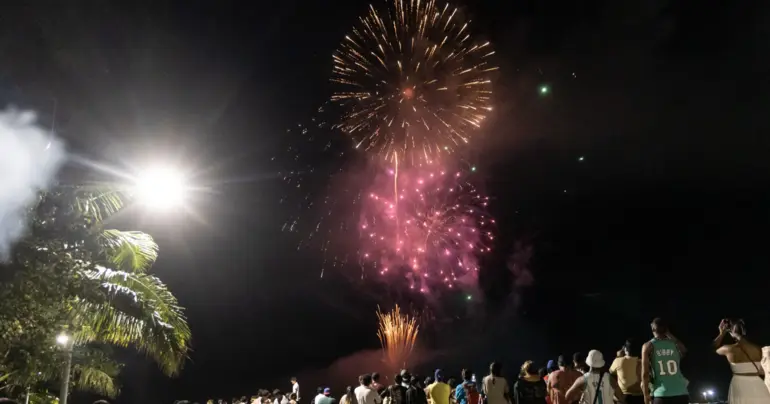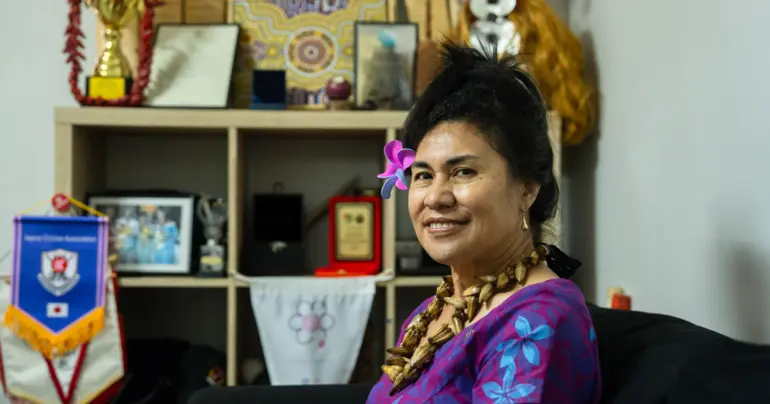Charge those responsible: parliamentary inquiry report
 By Matai'a Lanuola Tusani T - Ah Tong
•
19 May 2022, 8:17PM
By Matai'a Lanuola Tusani T - Ah Tong
•
19 May 2022, 8:17PM
A parliamentary inquiry into anomalies discovered in constitutional amendments linked to the operations of the Land and Titles Court has recommended charges against those responsible.
Tags
HRPP
Politics
 By Matai'a Lanuola Tusani T - Ah Tong
•
19 May 2022, 8:17PM
By Matai'a Lanuola Tusani T - Ah Tong
•
19 May 2022, 8:17PM











